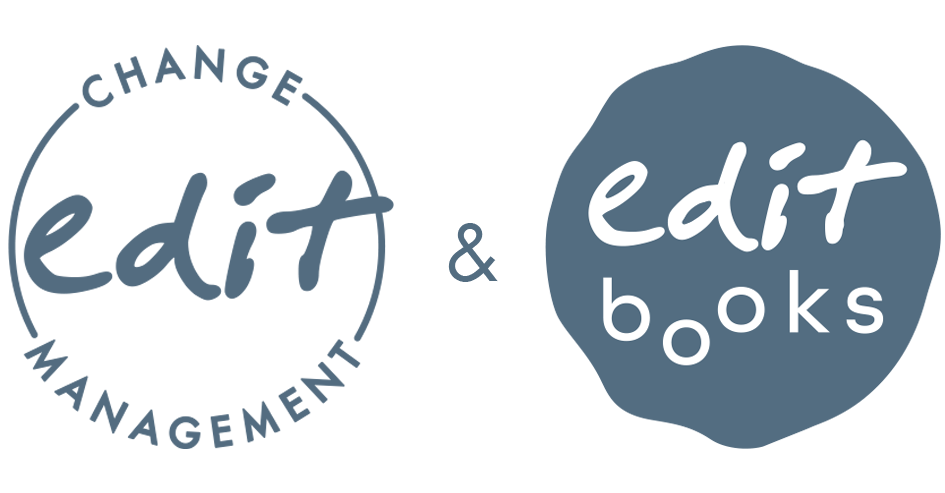Screen vs. Page: Should Children Read on Kindles and iPads?
Years ago, I sat in a café and discussed our kids’ tech use with a fellow mom. She was adamant that her child's late-night iPad use was purely educational and harmless. At the time, I was writing Would I Have Sexted Back in the 80s?. My time in the field and the research I had read clearly showed the opposite. I kindly referred this mother to statistics and gracefully changed the topic, as I have so often in the past. I knew I had planted a seed of doubt, and she was processing what I had told her about all the things her 12-year-old could be doing while “reading” on his iPad at night. She needed time.
Despite the convenience of devices like Kindles and iPads, I've always advocated for the tangible, immersive experience of reading physical books. That is why I debated heavily with an academic when they demanded that my Oscar and Zoé series be e-books only. I was convinced that not only would children value physical books, but the circle time discussions with teachers, where students could gather together in person around a physical reading experience, would be invaluable to their learning journey. I refused to let myself be persuaded without research to back up their claims, which they could not provide. Every time I see how much kids enjoy their reading time with the series, I know I made the right decision.
So, what does the research say?
Recent studies, including a notable meta-analysis published in the Journal of Educational Psychology, indicate a "screen inferiority effect," where reading comprehension suffers comparatively when reading from screens, versus on paper. This research encompasses 49 experimental studies, illustrating a consistent trend across various age groups and contexts. While screens are integral to our digital age, offering unmatched accessibility and convenience, they, unfortunately, have been proven to fall short on comprehension and information retention.
I was excited to see this second bit of research on my books, showing that circle time with a discussion is invaluable for learning. More children asked for help after encountering digital problems (the ultimate goal of my series) while reading and discussing the stories with their teachers. The Oscar and Zoé stories were always meant to be read and discussed with children, and I am thrilled to see this research on my works.
What does this all mean for…?
Schools
Educate, Don’t Automate
This research about information uptake and comprehension suffering as a result of reading on a screen is not something most schools would like to hear, as many have invested heavily in iPads or other educational tech. On top of that, I know there are amazing reading apps that make the life of a teacher or parent easier. However, I am not suggesting that we stop using technology altogether--but we do need to take this research seriously. A rule of thumb I like suggesting to educators in the workshops I offer is: if there is not a clear learning objective or intention behind the use of any digital tool, put screens away. This helps children learn the importance of using digital tools but also the need to say good bye to them when we store them neatly away.
Parents
Pages Over Pixels
I would like to encourage you to provide as many real books as possible for your children. When my children were young, I was on a first-name basis with the local librarians. My weekly trips to the library were peaceful moments for all of us. When you do opt for a Kindle or iPad because of convenience, please explain why you are using this tool to your kids. For example, “We are traveling, and books are so heavy, so we will download books onto your Kindle for vacation. Aren’t we lucky to have this amazing learning tool?”
The mother I talked to all those years in a cafe needed a moment. I also needed to understand her nuanced situation as an expat. She wanted books in her mother tongue, and E-books provided this. This is one example of the positive uses of digital reading tech. I appreciate a good debate and discussion of the nuances of getting our digital choices right. I don’t want to be like the academic I encountered, refusing to see the nuances. I understand that your context might be different, so rather than tell anyone what to do, I ask for reflection and acknowledgment of the research on hand. I will, however, end by suggesting you take a trip with your kids to your local library. You might find out that reading physical books is more convenient than you previously thought.
If you like my blog posts, please sign up to my newsletter and spread the word. You could also buy me a virtual coffee–our team would appreciate the support.
–Allison Ochs, social pedagogue/worker, author, mother of three, wife
If you are interested in a webinar or workshops click here
If you want to look at our free resources click here
If you want to buy the Oscar and Zoe and primary school books click here
If you want to buy our books and resources for teens click here
If you want to subscribe to our mailing list click here

